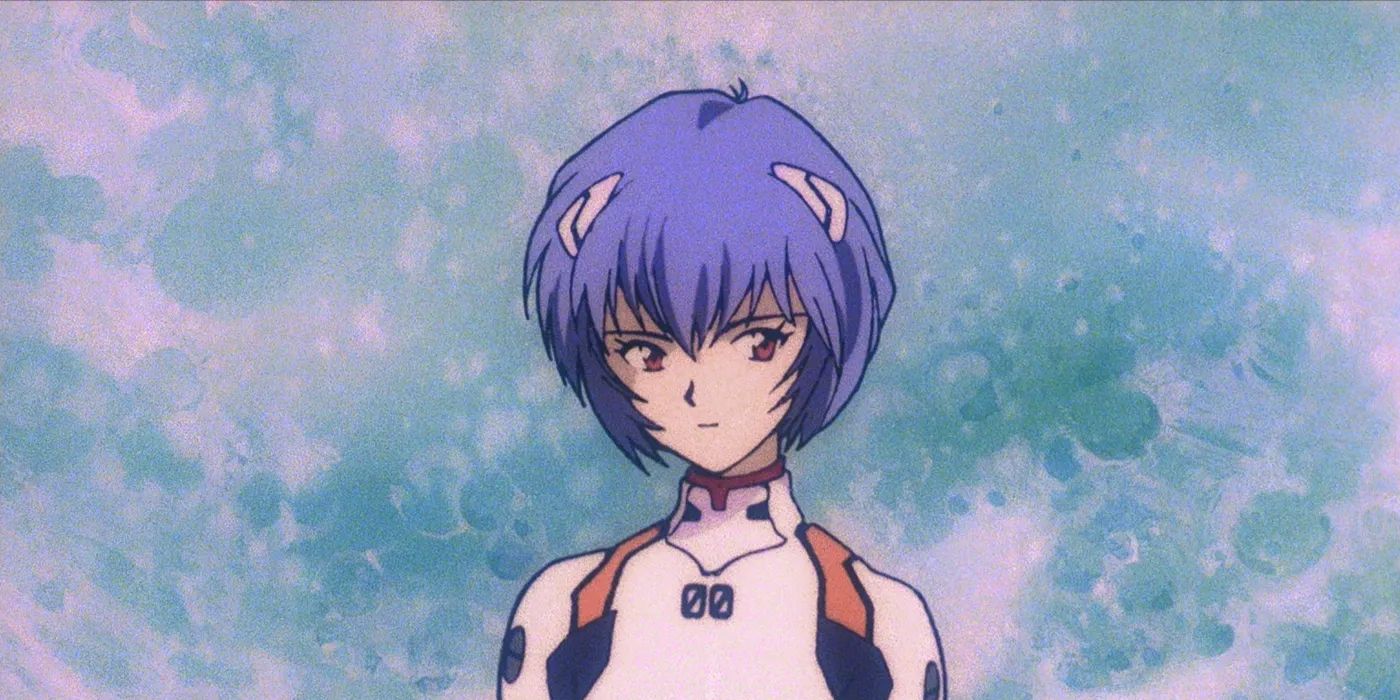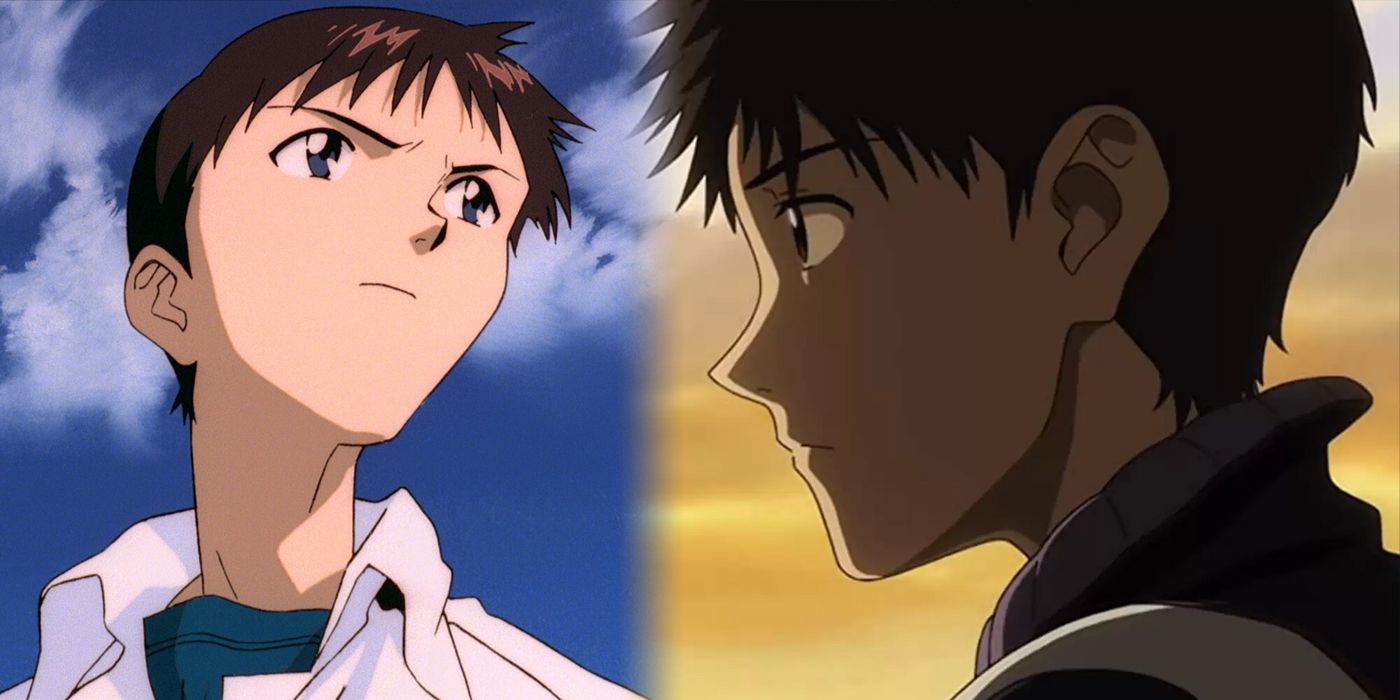
The Longing for Evangelion’s Original Dub: Unraveling Its Elusive Streaming Fate

Unveiling the Elusive: The Mystery Behind Evangelion's Missing Original Dub on Streaming Platforms – Explore the captivating story of how the anime studio behind Evangelion demanded a fresh dub, leaving fans questioning the fate of the iconic 90s version
Netflix's announcement that Neon Genesis Evangelion would be available for streaming in 2019 had fans eagerly anticipating the iconic anime series. However, rumors soon circulated that the series would undergo a redub, and these rumors turned out to be true. This led to speculation about the fate of the original dub.
Initially, the first dub of Neon Genesis Evangelion was produced by ADV Films, a now-defunct company, back in the 90s. The series was released on 2-episode VHS tapes. The original dub received praise for its performances and was appreciated for its faithful translation, avoiding the common trend of toning down or "kidifying" anime series for the US market. It gained further popularity when it aired on Cartoon Network's Adult Swim in 2005, capturing a whole new audience. Some of the original dub cast even reprised their roles when the Rebuild of Evangelion movies premiered in the US, creating a decade-long connection between the actors and their characters. However, ADV Films went bankrupt in 2009, leading to the original dub going out of print in 2011.
Evangelion Creator's Anime Studio Demanded a New Dub
When rumors of Netflix's new dub began circulating, fans questioned the need for a redo. The rights to the original dub were in a complicated situation due to ADV's bankruptcy, making it difficult for outside parties to access. It remains uncertain whether Netflix could obtain the original dub, leaving them no choice but to create a new one. However, there is another aspect to consider: Studio Khara, owned by Evangelion's creator Hideaki Anno. The Netflix dub not only involved re-recording dialogue but also a complete retranslation of the series' script by Studio Khara. This new translation was claimed to be more literal and accurate compared to the original, suggesting Anno and his studio were dissatisfied with the previous dub and wanted improvements. Additionally, it is rare for a studio to be in charge of selecting English voice actors for a Netflix dub.
With Studio Khara's apparent dissatisfaction with the original dub, it is not surprising that they took the opportunity when Netflix acquired the rights. This presented a chance for them to have control over the English version of Evangelion and align it more closely with the Japanese version. However, the end result was a script that contained dialogue not typically used by native English speakers. If the rights to the original dub were transferred back to Studio Khara after ADV's dissolution, it seems unlikely that the original dub will be released again, placing it in a similar situation as the theatrical versions of the Star Wars films. Consequently, fans who wish to experience the original dub, often praised as superior by many, will either need to purchase the old releases at a high price or resort to obtaining it through unofficial means.
It is regrettable that the original dub actors of Neon Genesis Evangelion, who played a significant role in shaping the franchise, should have the opportunity to access their own performances. Fans of the initial English dub can only remain hopeful for a potential re-release of the original dub in the future, although it is unlikely to happen.














